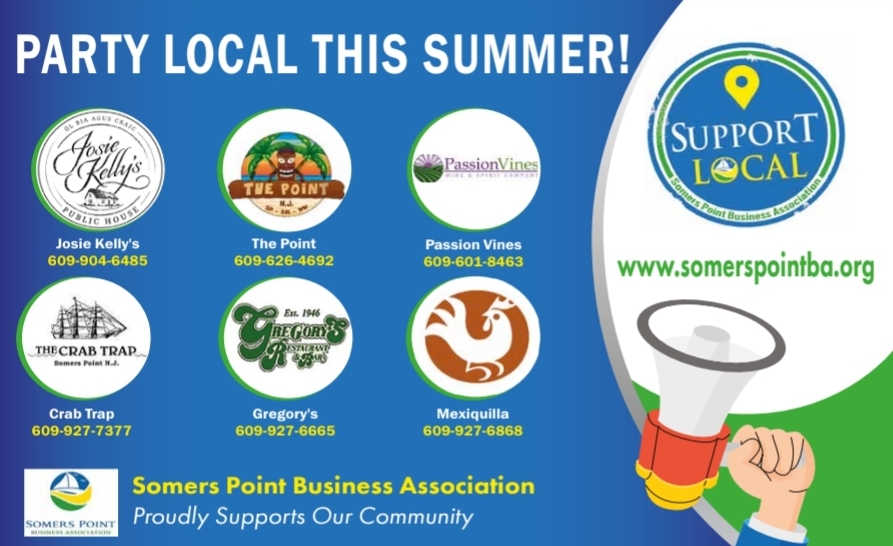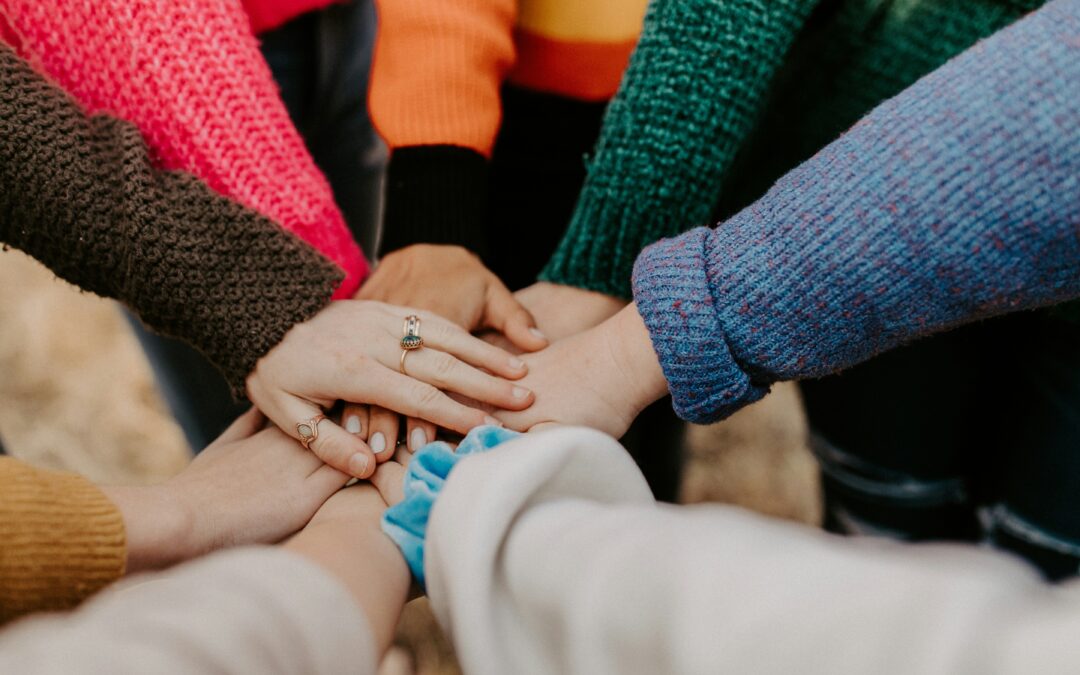Post-Traumatic Stress Disorder, or PTSD, is something we often associate with military veterans and for good reason. Many who have served in combat zones carry invisible wounds that linger long after they have returned home.
But PTSD affects not only those in uniform, it can impact anyone who has experienced or witnessed a traumatic event, from first responders to survivors of abuse, accidents, or natural disasters. The good news? PTSD is treatable and no one should go through it alone.
What is PTSD?
PTSD is a mental health condition that can develop after a person experiences a life-threatening or deeply disturbing event. This might include combat, sexual assault, a car accident, or even repeated exposure to traumatic scenes, as in the case of paramedics or police officers.
Feeling unsettled after a traumatic event is normal, but if these feelings persist, worsen and disrupt daily life, it might be PTSD.
Signs and symptoms
Everyone’s experience is different, but some common signs of PTSD include reliving the trauma through nightmares or flashbacks, avoiding reminders of the event, feeling constantly on edge, difficulty sleeping, mood swings, or emotional numbness. These symptoms can come on suddenly or develop over time and they may interfere with work, relationships and daily life.
It is also common for people with PTSD to turn to alcohol or drugs as a way to cope. This kind of self-medication may offer temporary relief, but it can make symptoms worse and lead to substance abuse use disorders. That’s why it is vital to get the right kind of help from professionals who understand both trauma and addiction.
How to support someone with PTSD
If you suspect someone you care about is struggling with PTSD, the most important thing you can do is be there for them. Try to listen without judgment. Let them know you are available when they are ready to talk, but don’t pressure them to open up before they are ready. Patience and consistency go a long way in creating a sense of safety. PTSD can cause people to be irritable or withdrawn, so don’t take it personally. It is part of the condition.
Encouraging someone to seek professional help, gently and respectfully, can be life-changing. Remind them that getting help is a sign of strength, not weakness. Acknowledging their experiences and affirming your belief in them can be a significant initial step toward their recovery.
If you are the one struggling, you deserve that same compassion. PTSD does not mean you are broken. It means you have survived something difficult, even traumatic. You are not alone and help is available.
What help is available?
There are many effective treatments for PTSD and they don’t always involve medication.
The path to healing is different for everyone. What matters most is reaching out and taking the first step.
Living with PTSD can feel overwhelming, but it doesn’t define a person – and it doesn’t have to control their life. Whether you’re a veteran, a first responder, a survivor, or someone who loves them, help is available and healing is possible.
Let’s honor those affected by learning about the condition and showing real support and compassion for those who live with it every day. Sometimes, being present and reminding someone they matter is more powerful than you think.
Help in Atlantic and Cape May counties
If you or someone you know is trying to cope with PTSD, you can access supportive resources throughout South Jersey. Please note, this is not the complete list of all services and programs available:
Veteran and First Responders
Services, Cape May County
Veterans Bureau
609-886-2762
Assists with veterans’ benefits and referrals to PTSD and mental health services.
Vet Center – Ventnor City
6601 Ventnor Ave.,
Suite 105, 609-487-8387
Provides free, confidential counseling for combat veterans and their families, not tied to VA medical records.
South Jersey Vet Center, Egg Harbor Township
Offers free, confidential services for veterans and families addressing PTSD, depression and military sexual trauma. No VA rating required. See www.va.gov.
NJ Vet2Vet
Peer Support Line
1-866-838-7654
A 24/7 support line staffed by veterans offering guidance, emotional support and mental health referrals.
True North Behavioral Health for Veterans – Atlantic Health System
Provides free therapy, medication and mental health support to all veterans and their families, regardless of insurance or discharge status. See www.atlantichealth.org
Veterans Diversion Program – Atlantic County
Supports veterans involved with the justice system due to trauma or substance use by offering counseling and supervision in lieu of prosecution.
Cop 2 Cop Helpline
1-866-COP-2COP (267-2267)
A confidential, 24/7 peer support line staffed by retired officers and clinicians for law enforcement officers and their families.
Community Mental
Health & Crisis Services
AtlantiCare Behavioral Health
Northfield, Hammonton, Egg Harbor Township,609-646-9159. Offers outpatient therapy, psychiatric care and trauma-informed support groups. Accepts most insurance plans.
Acenda Integrated Health
(formerly Cape Counseling Services)
Cape May Court House, Wildwood.
1-844.422-3632.
Provides counseling for PTSD, crisis intervention and substance use treatment. Accepts Medicaid, private insurance and offers sliding-scale options.
Mental Health Assoc.
of Atlantic County
(MHAAC)
609-652-3800.
Free wellness groups, peer support and crisis navigation services for residents dealing with trauma and mental health concerns.
Legacy Treatment Services
Trauma-informed outpatient therapy and medication management. Accepts insurance with low- or no-cost options available.
Jewish Family Service
of Atlantic & Cape
May counties
Offers outpatient therapy and counseling for individuals and families. Accepts insurance and provides sliding-scale or free services.
Innerspace Counseling,
Atlantic County
Intensive outpatient services for PTSD, trauma and co-occurring substance use. Accepts insurance and sliding-scale payments.
Atlantic County Mental
Health Administration
Mental Health Association In Atlantic
609-645-7700, ext. 4519
Coordinates mental health services in Atlantic County and connects residents to local, often insurance-covered trauma and PTSD resources.
Youth & Family Services
PerformCare NJ (up to age 21)
1-877-652-7624.
.
Free 24/7 access to behavioral health and trauma services for youth. Insurance not required.
Cape Atlantic Integrated
Network for Kids (I.N.K.)
Provides state-funded therapy and family support services for trauma-affected children. Services are free to eligible families.
Statewide & Crisis
Hotlines NJ Mental
Health Cares Hotline
1-866-202-HELP (4357)
Offers free referrals, insurance guidance and mental health information statewide.
988 Suicide &
Crisis Lifeline
Call or text 988.
Free, 24/7 confidential emotional support and mental health crisis intervention nationwide.















